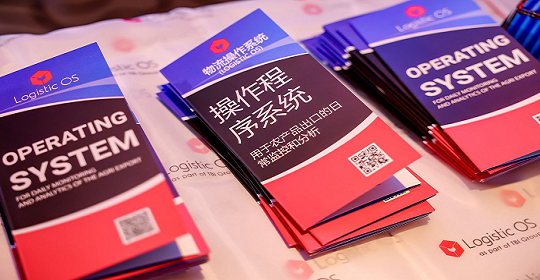This week the government set the total seed import quota at 33.1 thousand tons.
This restriction will remain in effect until the end of 2024.
Moreover, the list of crops that are covered by this restriction is quite wide. These include potatoes, wheat, rye, and barley, as well as corn, sunflowers and sugar beets.
For each of these crops, the quota is also set at a different level.
For example, wheat, rye and soybeans are generally prohibited from being imported from unfriendly countries. The limit for beets and rapeseed is 2 thousand tons, for sunflower – 7.5 thousand, for corn – 5 thousand, for barley – 600 tons, potatoes – 16 thousand.
The main task that the government set when deciding to introduce duties was to carry out import substitution in such a sensitive area for the country’s security as seed production.
Naturally, at the first stage, it was decided to reduce dependence on supplies from unfriendly countries, since 2022 showed that due to sanctions, supplies from there could stop at any time, which means a possible shortage of seeds and even disruption of sowing.
Therefore, Russian enterprises should carry out full import substitution as soon as possible.
“Decisions will be based on the results of the harvest and the formation of the seed fund, an assessment of the domestic market’s need for seeds for each specific crop.
It is planned to flexibly regulate the volumes of imported seeds and gradually reduce quota volumes over three years as domestic production increases,” the Ministry of Agriculture noted.
How is seed production developed within the Russian Federation?
According to experts, seed farming as a business is not yet very developed in Russia, and in order to improve the situation, government support measures are very much needed. And such measures already exist. For example, there are subsidies for the creation of breeding and seed centers, and they amount to as much as 50% of the costs incurred.
Currently, 4 such centers have been created in the Kursk region; under the subsidy program they received 418 million rubles.
It is planned that in the near future these centers will be fully operational, providing seed material not only to the Kursk region, but also to other regions of Russia.
In general, Russian breeders will need time to create high-quality products and organize their regular supply.
However, government support and reduced competition through import quotas will certainly help them in this.
At the same time, it is necessary to develop the business as soon as possible, since farmers are already facing problems due to the disappearance of foreign seeds from the market.

